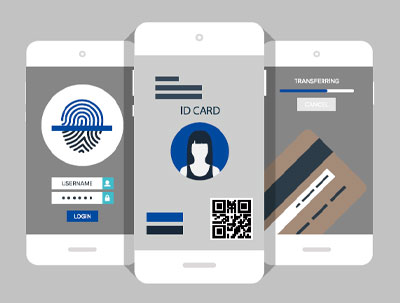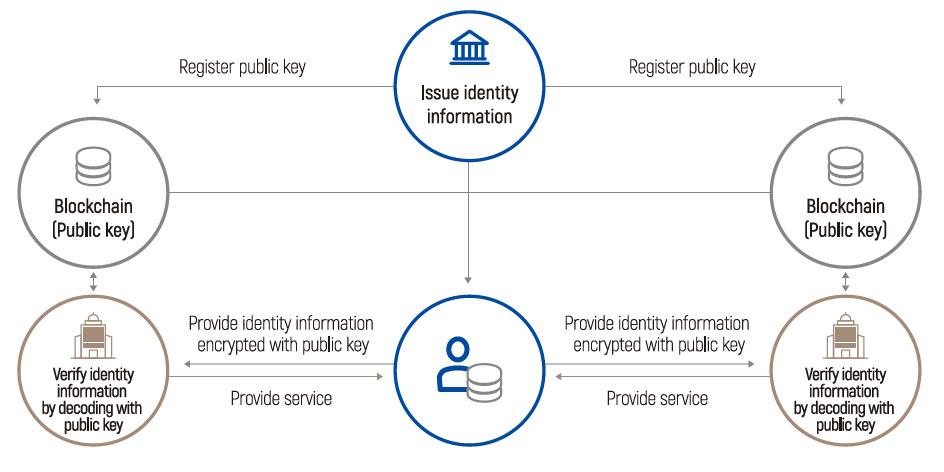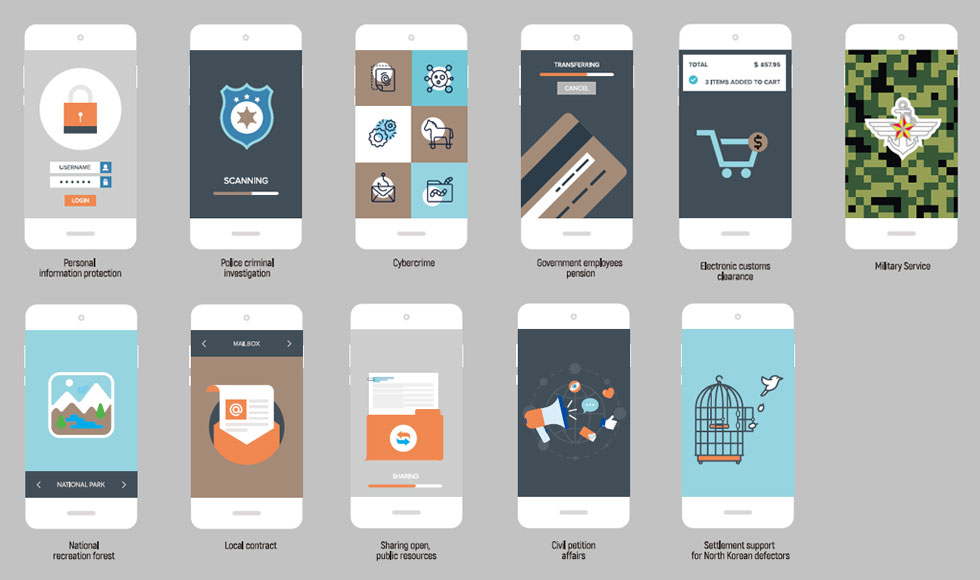The Good Governance Guide: Digital Government
Mobile Identification Card Service that will Accelerate the nation's digitalization and Vitalize the zero-contact economy

Following the digitalized public official identification card that went into use in January 2021, the government will expand the types of mobile identification cards to include driver's license, the national merit card and disabled people registration card while supporting the industry to develop various services with the mobile identification card in both the public and private sectors. In this respect, the key focus is to materialize the mobile identification card as the most convenient and safest means for identity verification in the contactless economy era.

Customized Virtual Assistant Service for the Public that Provides daily life-related administration information to People at the right time

The notification service is an administrative service that sends notifications about daily life-related information via the use(s commonly used private apps(Naver, KakaoTalk, Toss, etc.) and helps with payments when neccessary. The key focus of the notification service is to alert the user as necessary to benefit from daily life-related information, such as notification on the COVID-19 vaccination, including information on making a vaccine reservation, traffic fines and penalties, drive(s licenses renewal, national scholarships and medical (cancer) examination dates. The notification service, launched in March 2021, and will expand its content in service to 38 types from the current 8 types.
The counseling service provides 24-hour counseling in response to the people's inquiries regarding administrative services via chatbot and Al speaker.
The counseling service will help the user to easily access information on the overview and the issuing organization of around 5,000 varieties of civil service affairs, such as the issuance of a resident registration certificate and moving-in report. One can readily join the virtual assistant service for the public by undergoing an easy authentication just once on commonly used platform apps, such as Naver and KakaoTalk.

Source : Ministry of the Interior and Safety